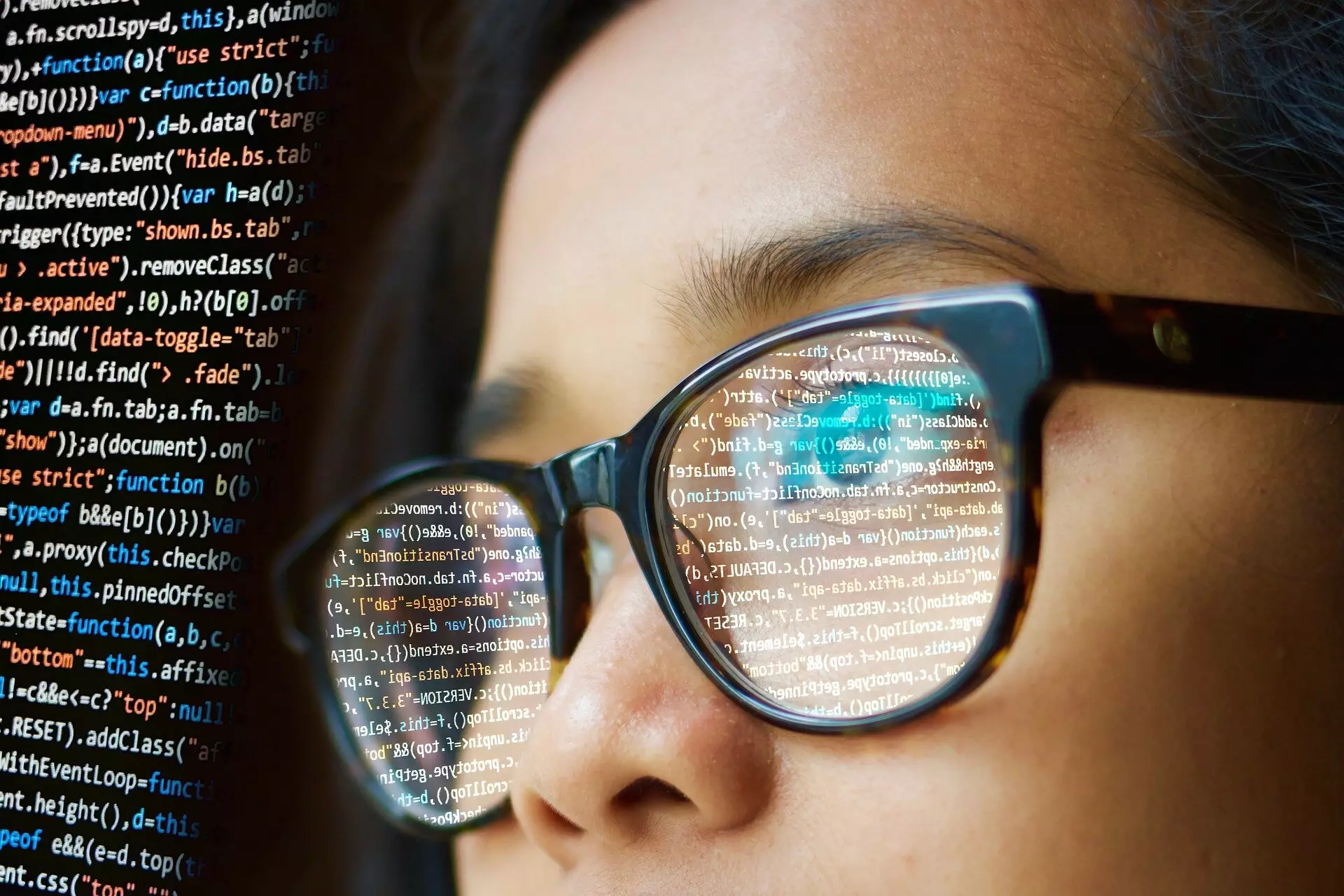The intersection of human behavior and artificial intelligence has uncovered a fascinating psychological phenomenon, according to a recent cross-disciplinary study by researchers at Washington University in St. Louis. The study, published in Proceedings of the National Academy of Sciences, delves into how participants adjust their behavior when training AI to play a bargaining game. This unexpected discovery has significant implications for real-world AI developers.
The study included five experiments with approximately 200-300 participants each, who were tasked with playing the “Ultimatum Game” with either other human players or a computer. Participants were informed that their decisions would be used to teach an AI bot how to play the game. Surprisingly, those who thought they were training AI were more likely to seek a fair share of the payout, even at their own expense. This behavioral change persisted even after participants were informed that their decisions were no longer contributing to AI training.
“As cognitive scientists, we’re interested in habit formation,” explained one of the study’s co-authors. The continued behavior after the training period highlights the lasting impact that shaping technology can have on decision-making processes.
Uncovering Motivations
Despite the encouraging results, the motivations behind this behavior change remain unclear. Researchers did not delve into specific motivations or strategies, leaving room for interpretation. It is suggested that participants may have simply exhibited their natural inclination to reject unfair offers rather than a deliberate attempt to make AI more ethical.
This raises questions about how human biases may unintentionally influence AI training. As highlighted by one of the study’s authors, if human biases are not considered during AI training, the resulting AI could also exhibit biases. This mismatch between training data and deployment has led to issues in various AI applications, such as facial recognition software being less accurate for people of color due to biased and unrepresentative training data.
The study emphasizes the crucial human element in AI training and development. Understanding how human behavior can impact the training of AI algorithms is essential for creating unbiased and ethical artificial intelligence systems. By recognizing the psychological aspects of computer science, developers can work towards mitigating biases and ensuring that AI technologies are inclusive and fair.
The findings of this study shed light on the complex relationship between human behavior and AI development. By acknowledging the psychological implications of training AI, developers can take proactive steps to address biases and promote fairness in artificial intelligence systems.


Leave a Reply